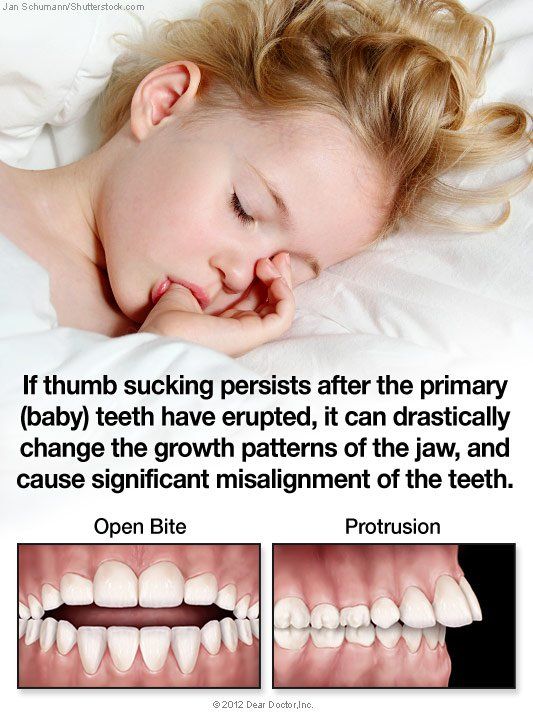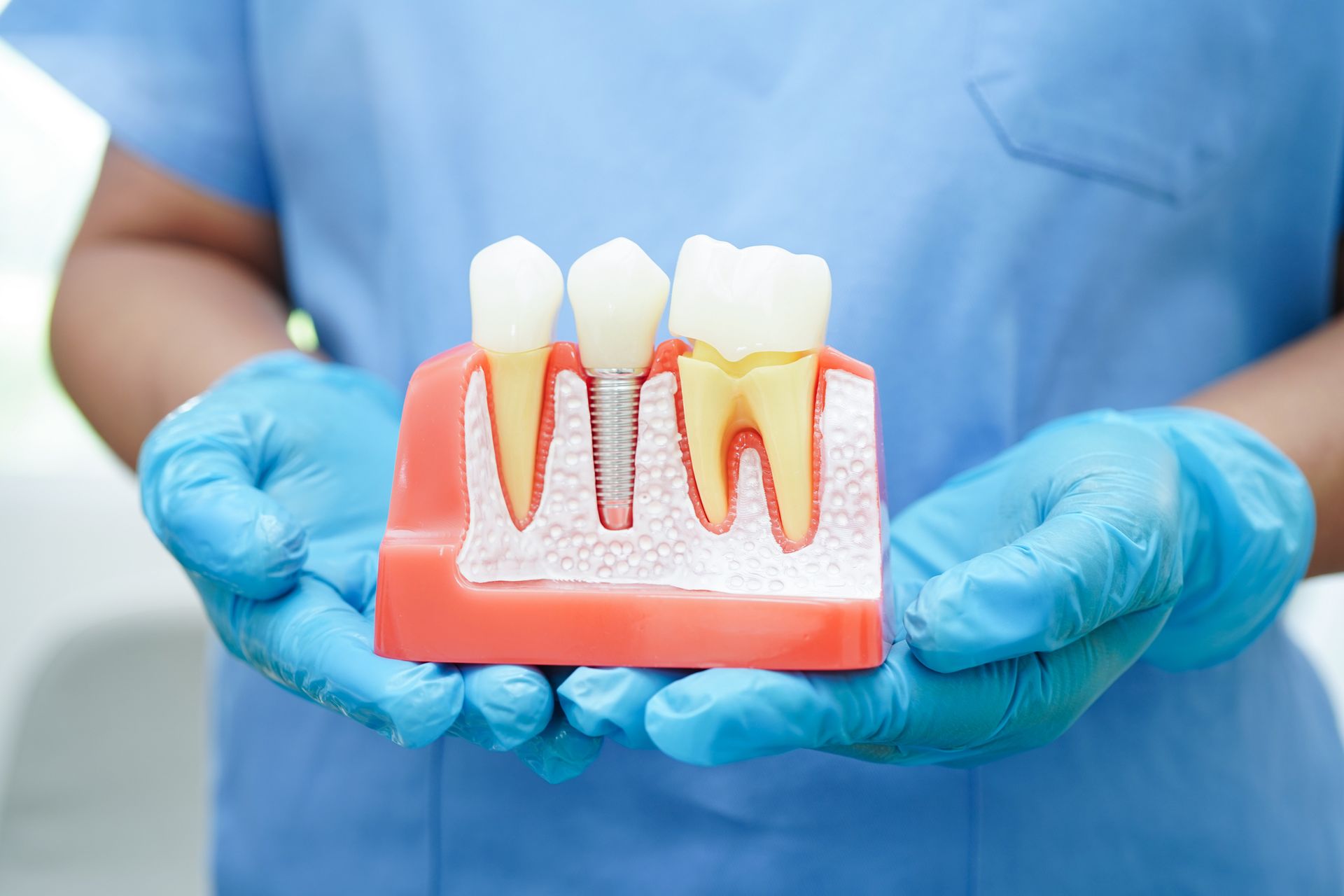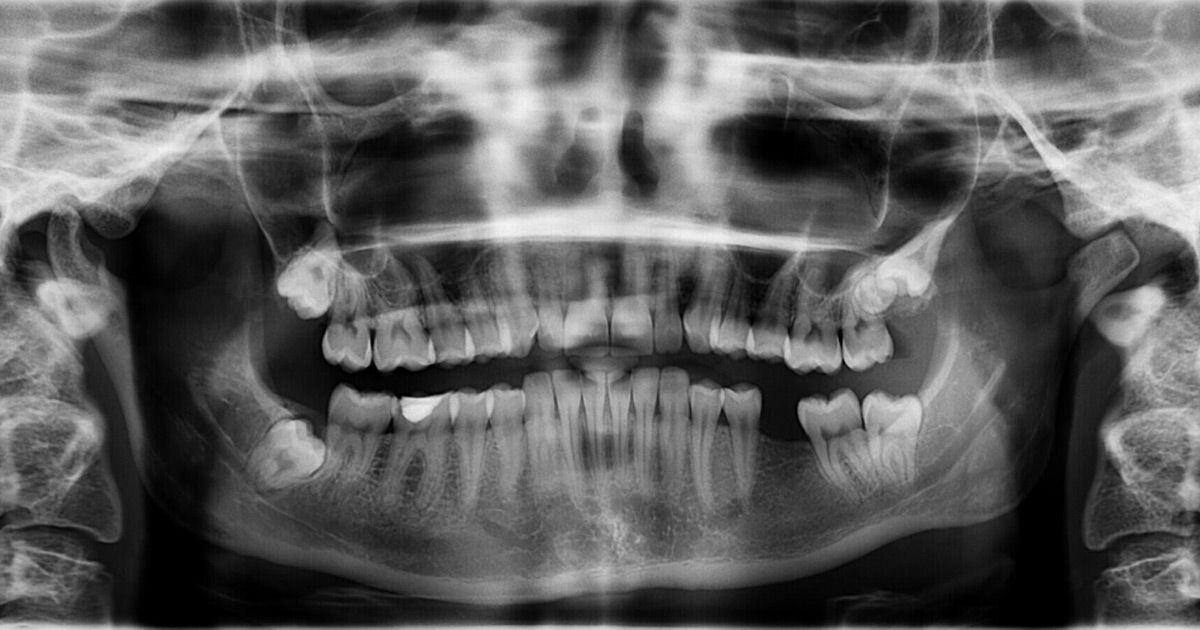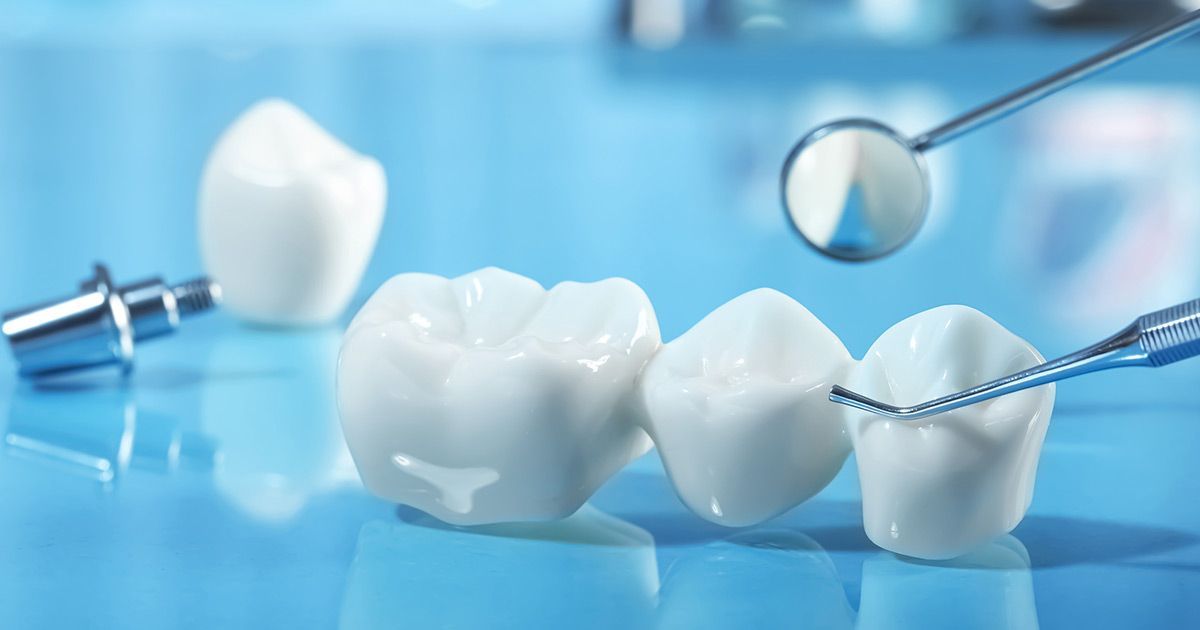Is there any image that illustrates the comforts of babyhood better than a sleepy infant sucking his or her thumb? Ultrasound pictures have shown, to the joy of many prospective parents, that this behavior can even occur in the womb. The thumb- or finger-sucking habit seems to relax and comfort toddlers too, and it's perfectly natural. But as a child grows, there comes a point where this habit isn't just socially awkward — it may also be harmful to his or her oral health.
In most children, thumb sucking stops on its own between the ages of two and four years. But if the practice persists after the primary (baby) teeth have erupted, it can drastically change the growth patterns of the jaw, and cause significant misalignment of the teeth. It may be hard to believe that such a benign habit can actually move teeth and bone — but there are a number of reasons why this occurs.
Children's jaws, rich in blood supply and growing rapidly, are relatively soft and flexible — especially in kids under the age of 8. So it really isn't hard for the constant pressure of a thumb or finger to deform the soft bone around the upper and lower front teeth. Children who are particularly vigorous thumb suckers are even more likely to change the growth patterns of the teeth and jaws.
If the thumb sucking habit persists, it can result in the upper front teeth flaring out and the lower ones moving back and inward. It can also hold back the growth of the lower jaw, while causing the upper jaw to be thrust forward. This can result in misalignment of the teeth, an anterior open bite (where the front teeth fail to close together), collapse of the upper jaw causing crossbite, or other problems. That's why it is important to stop the behavior at an appropriate time, before damage occurs.















